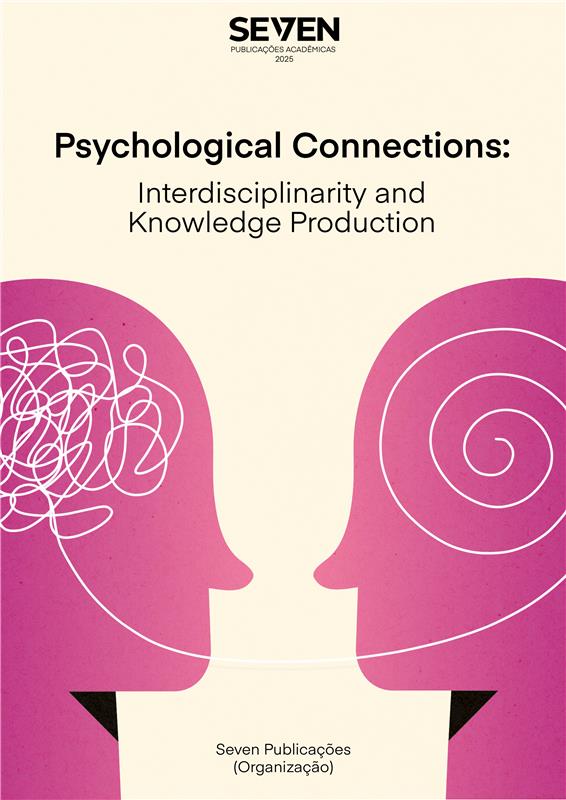“WOMAN IS SYNONYMOUS WITH CARE”: THE TRAJECTORY OF MATRIARCHAL FAMILIES AND CHILDREN’S EMOTIONAL DEVELOPMENT
Keywords:
Mother-Child Relationships, Gender Roles, Child CareAbstract
Childhood and its early experiences have received significant attention in psychological studies, particularly due to their influence on human development. Winnicott, in his studies, argues for the importance of the environment in an individual's maturation, especially in the early years of life, paying close attention to the mother's role in this process. This interpersonal relationship is highlighted in various discussions regarding child development and the implications of a satisfactory dyad relationship. However, the issue of motherhood poses a constant challenge in the lives of many women, immersed in social, political, historical, and economic contexts, which reinforce gender stereotypes based on a transgenerational collusion in the reproduction of these roles learned within the family environment. Sometimes, the sexual division of labor distances women from social interaction and positions them solely for caregiving, where their personal needs are sacrificed for the sake of the family environment, a topic discussed through the notion of "feminine ethics." In this context, it is important to discuss how this narrative of feminine space impacts the lives of women of different ages, who may take on this role of caregiver even in childhood or adolescence. To contribute to this discussion, this chapter analyzed the cases of two families who were treated at a Basic Health Unit by the Psychology team. The objective was to explore how this social phenomenon affects these women's inner selves and how it intertwines with their family relationships and society. By analyzing families with daughters of different ages and backgrounds, it becomes possible to understand the intersections of a single sociopolitical issue, which intersects with the psychic dynamism of different individuals. It was possible to touch on the meaning of the mother-daughter bond, along with the difficulty in breaking this bond. Furthermore, we understand being a "mother" as being a sensitive caregiver, a skill that depends on symbolic and material conditions and is not a natural or exclusive task of women.
Downloads
Published
Issue
Section
License

This work is licensed under a Creative Commons Attribution-NonCommercial 4.0 International License.





